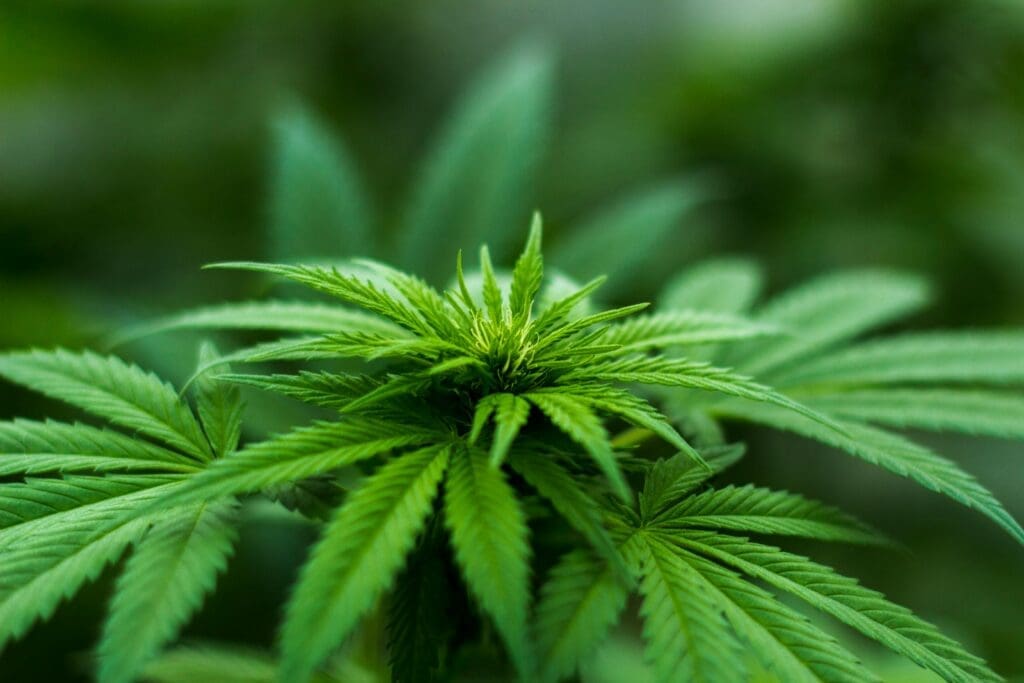Wondering whether CBD is legal in Wisconsin in 2025?
Is CBD legal in Wisconsin in 2025? Marijuana is a psychoactive drug derived from the dried leaves, stems, and flowers of the cannabis plant. CBD, or cannabidiol, is a cannabinoid found within the same plant. CBD isn’t intoxicating. Marijuana and THC are.
Marijuana is illegal to use and possess everywhere in Wisconsin. This applies, even though certain communities, like Madison, have “decriminalized” the substance in certain specific circumstances.
Cannabidiol first gained legal traction in our state with 2013 Wisconsin Act 267, “Lydia’s Law,” which legalized CBD in very limited medical circumstances, which mostly involved treating individuals with severe epilepsy. 2017 Act 4 significantly expanded prior law, and allowed medical doctors the opportunity to prescribe the substance for treatment of a wider variety of illnesses and medical conditions. Finally, 2017 Act 100 facilitated the sale of hemp-derived CBD in Wisconsin by allowing licensed hemp processors to create CBD products from industrial hemp grown under the pilot program. The Wisconsin Attorney General confirmed that CBD produced this way could be legally sold at retail.
Law enforcement frequently confuses hemp, marijuana, and substances like delta-8, delta-9, and CBD. If you’ve been charged with a crime involving any of these substances, contact Van Severen Law Office, S.C. for help. You can reach our criminal defense lawyers at (414) 270-0202.
What is CBD?
CBD is a naturally occurring compound found in the cannabis plant. Although CBD and THC (tetrahydrocannabinol) are both both found within the cannabis plant, CBD does not produce a “high” like THC. Instead, it’s frequently used for its potential therapeutic benefits. A few of these include relief from anxiety and pain. Commonly it’s included in various products focused on improving the length and quality of sleep.
CBD can be extracted from both marijuana and hemp plants. Most commercially available CBD (especially in states where marijuana remains illegal) is produced from hemp. CBD is extracted from the cannabis plant in a few different ways, but once extracted, it is often infused into oils, capsules, gummies, topicals, and tinctures. Some CBD is even sold in flower form, allowing users to smoke it in a manner similar to marijuana.
Although most CBD users report positive results, scientific research on the substance is still ongoing. Importantly, the Federal Drug Administration has only approved one CBD based drug, Epidiolex, which is used to treat seizures associated with rare epilepsy syndromes, specifically Dravet syndrome, Lennox-Gastaut syndrome, and tuberous sclerosis complex. Finally, CBD does have the potential to interact with other drugs, and it’s important to remember that drowsiness and slight digestive discomfort are potential side effects while using the substance.
Is CBD legal in 2025 in Wisconsin?
Per 2017 Wisconsin Act 100, Wisconsinites may cultivate, harvest, sell, and consume CBD products that are derived from industrial hemp. Importantly, industrial hemp itself must contain less than 0.3% (by dry weight) THC. But this might seem confusing – why does the THC content of the plant matter if we’re only talking CBD? Well, marijuana remains illegal in Wisconsin in 2025. Even using it to create a legal product is against the law. Lawmakers carved out an exception for hemp, but in order to qualify as hemp, the specific cannabis plant must have less than 0.3% THC. So, for your CBD to be legal in Wisconsin, it must be hemp-derived.
46 states allow the growth and industrial processing of industrial hemp, including Wisconsin.

Can law enforcement tell the difference between CBD and marijuana?
Due to the fact that CBD and marijuana both come from the same plant species (cannabis indica or cannabis sativa), law enforcement officers cannot detect a difference in smell or appearance between the two. One of the key differences between testing CBD and traditional marijuana it that CBD doesn’t contain any THC (which is why CBD does not intoxication).
That being said, the Wisconsin Department of Justice has indicated that new field tests are being quickly developed to determine the difference between hemp, marijuana, and substances like CBD. The Duquenois-Levine reagent test is a field test that simply determines whether cannabis is present. Unfortunately, this includes marijuana, legal hemp, and CBD. They’ll all test positive, but only one of those substances isn’t legal to possess. Using this test is still standard practice to determine whether cannabis is present.
To eliminate false positives, following the test up with the 4-AP test (also known as Cannabis Typification test) may help law enforcement. The test cannot determine the specific concentration of delta-9-THC. But it will provide a color based on the ratios of CBD and THC found within the tested substance. A positive result for hemp will show as pink/red in color. A positive result for THC will yield a blue color. When both substances are present, the color will show as purple.
If you’re charged with possession of marijuana, contact Van Severen Law Office, S.C. for help.
CBD is legal in Wisconsin in 2025. Marijuana remains illegal. While you’ll never be charged with a crime for possessing CBD, we recognize that sometimes people mix these substances and enjoy both. This is especially the case considering the current state of hemp-derived THC and CBD substances in the United States. If you’re caught in possession of marijuana, a first offense is punishable as a misdemeanor. Penalties include up to 6 months in jail, $1,000.00 in fines, or both. A second offense is a felony that carries the potential of 3.5 years in prison, $10,000.00 in fines, or both.
At Van Severen Law Office, S.C., we regularly represent Wisconsinites facing drug charges. Contact us at (414) 270-0202 if you’re charged with one of these offenses and are seeking representation. We offer free consultations to new clients.
